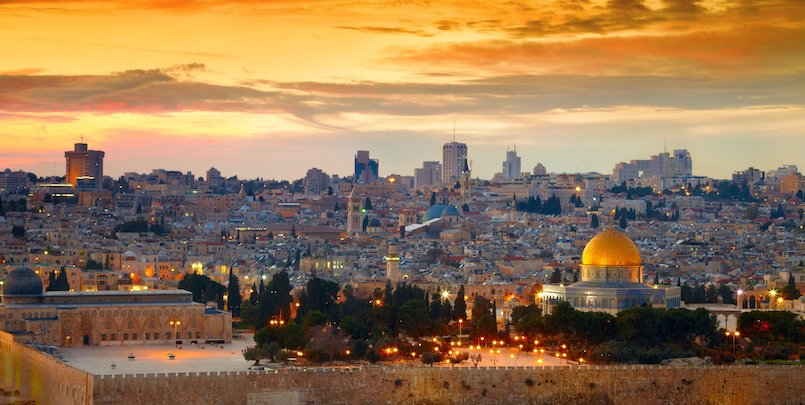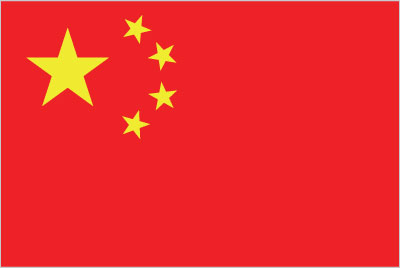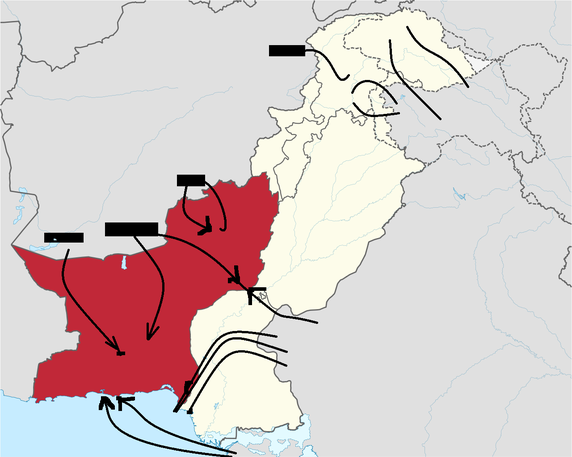JERUSALEM — Undeterred by a resonating annihilation at the United Nations, Israel’s administration said Monday that it would push forward with a large number of new homes in East Jerusalem and cautioned countries against further activity, announcing that Israel does not “choose not to retaliate.”
Only a couple days after the United Nations Security Council voted to denounce Israeli settlements, Jerusalem’s metropolitan government flagged that it would not down: The city plans to affirm 600 lodging units in the dominatingly Palestinian eastern segment of town on Wednesday in what a top authority called a first portion on 5,600 new homes.
The insubordinate stance mirrored a swarming outrage among Israel’s star settlement political pioneers, who not just reprimanded the United States for neglecting to obstruct the Council determination, additionally guaranteed to have mystery insight demonstrating that President Obama’s group had arranged it. American authorities firmly denied the claim, yet the sides appear to be balanced for more weeks of contention until Mr. Obama hands over the administration to Donald J. Trump.
Executive Benjamin Netanyahu has lashed out at Security Council nations by controlling political contacts, reviewing emissaries, cutting off guide and summoning the American envoy for a chiding. He wiped out an arranged visit this week by Ukraine’s leader even as he communicated worry on Monday that Mr. Obama was arranging more activity at the United Nations before his term closes one month from now.
The executive guarded his striking back. “Israel is a nation with national pride, and we don’t accept punishment silently,” he said. “This is a mindful, measured and energetic reaction, the common reaction of a sound people that is making it clear to the countries of the world that what was done at the U.N. is inadmissible to us.”
The Security Council determination that passed Friday censured Israeli settlements in the West Bank and East Jerusalem as an “egregious infringement under universal law” and an obstruction to peace. The Council affirmed it 14 to 0, with the United States going without as opposed to utilizing its veto, as it has before.
Mr. Trump openly squeezed for a veto of the determination and has picked a settlement advocate as his organization’s diplomat to Israel. He swung to Twitter on Monday night to air grumblings that the United Nations “is only a club for individuals to get together, talk and have a decent time.”
Palestinian pioneers clarified that they would utilize the determination in universal bodies to press their body of evidence against Israel. With the imprimatur of a United Nations finding of wrongdoing, they said they would battle to require that different nations not simply mark items made in the settlements, but rather boycott them.
“Presently we can discuss the blacklist of all settlements, the organizations that work with them, and so on, and really make lawful move against them in the event that they keep on working with them,” Riad Malki, the Palestinian outside pastor, was cited as saying by the Palestinian news media.
He illustrated different strides the Palestinians could now take, utilizing the determination to press the International Criminal Court to indict Israeli pioneers, record claims for the benefit of particular Palestinians uprooted by settlements and inclination the worldwide powers to figure out if Israel is abusing the Geneva Conventions.
“We are hoping to devise a far reaching vision, and ideally 2017 will be the year when the Israeli occupation closes,” Mr. Malki said.
Israeli authorities said such declarations demonstrated that the determination really undermined possibilities for an arranged settlement in light of the fact that the Palestinians now have less impetus to get together. By proclaiming Israeli settlements unlawful, they said, the United Nations basically took away the one chip that Israel needed to exchange, which means arrive.
“The Palestinians are pursuing a discretionary and legitimate war against Israel. That is the system,” Ron Dermer, the Israeli diplomat to the United States, said in a telephone meet. “Their technique is not to arrange a concurrence with Israel on the grounds that an arrangement is give and take. They need take and take.”
Israel’s settlement extend, once a dispersing of houses over the supposed Green Line denoting the outskirts before the 1967 Arab-Israeli war, has become significantly throughout the years. In 2009, the year Mr. Obama took office, 297,000 individuals lived in West Bank settlements and 193,737 in East Jerusalem. That expanded to 386,000 in the West Bank before a year ago over and 208,000 in East Jerusalem before the end of 2014, as per Peace Now, a gathering that contradicts settlements.
Israeli authorities take note of that when Mr. Netanyahu submitted to a 10-month settlement solidify looked for by Mr. Obama in 2009, the Palestinians still did not consent to consult until just before time ran out. Be that as it may, the expansion of more than 100,000 pioneers amid Mr. Obama’s residency persuaded him that the time had come to change approach at the United Nations, assistants said.
The 618 lodging units to be conceded fabricating grants in East Jerusalem on Wednesday have been in progress for some time, and the arranging board of trustees meeting motivation was set before the United Nations acted. In any case, the board of trustees administrator said he was resolved to go ahead with units totalling 5,600.
“I won’t get worked up over the U.N. then again whatever other association that may attempt to direct to us what to do in Jerusalem,” Deputy Mayor Meir Turgeman, the arranging board of trustees administrator, told the daily paper Israel Hayom. “I trust that the legislature and the new organization in the United States will give us force to proceed.”
In spite of the fact that he didn’t indicate which ventures he had at the top of the priority list, Ir Amim, a private gathering following settlements in East Jerusalem, said he was most likely alluding to ventures in Gilo and Givat Hamatos. Betty Herschman, the gathering’s executive of global relations and promotion, said it was “insubordination shown after Trump’s decision, now strengthened by the U.N. determination.”
Anat Ben Nun, the chief of improvement and outer relations for Peace Now, said such development was hazardous. “Netanyahu’s endeavour to vindicate the U.N.S.C. determination through endorsement of arrangements past the Green Line will just damage Israelis and Palestinians by making it more hard to touch base at a two-state arrangement,” she said.
Israeli pioneers said they had no motivation to quit building. The Security Council determination “was ridiculous and completely expelled from reality,” said Oded Revivi, boss remote agent for the Yesha Council, which speaks to West Bank pilgrims. “Israeli building strategies are set in Jerusalem, not New York.”
For the fourth day, Israeli authorities blamed Mr. Obama’s group of ambushing them at the United Nations. While the White House denied it, Israeli authorities indicated a meeting between Secretary of State John Kerry and his New Zealand partner a month prior to the Council vote talking about a determination on the Israeli-Palestinian clash. New Zealand was a supporter of Friday’s measure.
Mr. Dermer, the envoy, said Israel had other, non-public data demonstrating the Obama organization’s inclusion however given no proof and would not detailed past saying it would be given to Mr. Trump’s group when he takes office.
“They not just did not get up and stop it, they were behind it from the earliest starting point,” Mr. Dermer said. “This is the reason the executive is so furious. Will face it.”
Israeli authorities stressed that Mr. Kerry would utilize a coming discourse or a meeting in France to diagram an American peace arrange for that would be threatening to Israel’s interests. Mr. Kerry’s office had no remark.
The wrath of Mr. Netanyahu’s reaction has created discuss at home. Mitchell Barak, a political specialist, said the political left considered the determination “an epic remote arrangement and discretionary catastrophe” by Mr. Netanyahu.
In any case, to his base, the Security Council activity affirmed what they trusted up and down, that Mr. Obama is intrinsically hostile to Israel, thus the PM seems to be a champion assailed by foes. “For them,” Mr. Barak said, “Netanyahu rises up out of this unscathed, as the solitary scalawag cave of contempt.”




